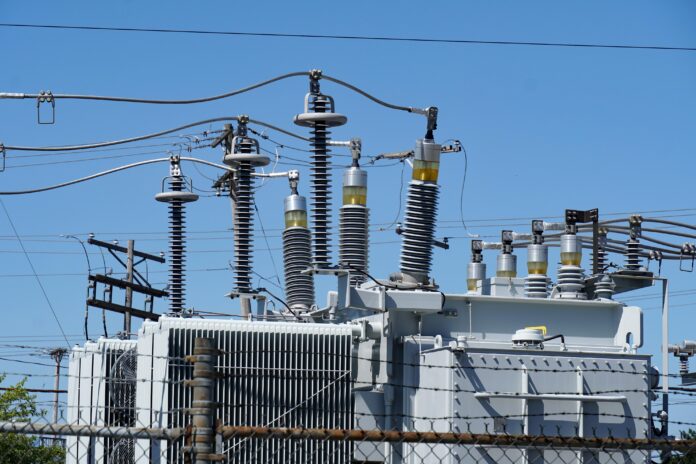ISLAMABAD: The Secretary of Power on Friday hinted at passing the burden of Rs 2.6 trillion in circular debt onto consumers who have been regularly paying their bills. This debt has accumulated due to inefficiencies and theft in power distribution companies (DISCOs).
Instead of addressing these root causes, the Secretary of Power acknowledged the government’s intention to shift this financial burden onto already burdened consumers. The circular debt, now standing at Rs 2.6 trillion, has grown due to systemic inefficiencies and widespread power theft.
During the meeting of the National Assembly’s Standing Committee on Energy, member committee Sheikh Aftab Ahmed responded sharply, and warned that the additional costs should not become an unbearable burden for consumers already struggling with high electricity bills.
Meanwhile, Prime Minister Shehbaz Sharif has reportedly directed the government officials to tackle the rising electricity costs, which have become unsustainable for the average consumer amid escalating inflation. As a temporary relief measure, the PM announced a 10-day extension on bill due dates for July and August.
The government has also decided to delay the increase in the base tariff for customers using less than 200 units per month, offering some relief to protected and unprotected customers alike.
The National Assembly Standing Committee on Energy expressed serious concerns over the performance of Independent Power Producers (IPPs) and overbilling. It was decided that a detailed briefing from IPPs would be sought in the next meeting.
The Additional Secretary of the Ministry of Energy (Power Division) provided insights into the issues of overbilling and unannounced load shedding in Karachi.
He explained that the high cost of power generation in the region, primarily through thermal resources, is being uniformly applied across the country under the government’s tariff policy. Despite these challenges, the government continues to subsidise K-Electric to provide some relief to consumers.
In the same meeting, K-Electric officials reported a significant reduction in line losses from 40 percent to 15 percent since privatisation. They also highlighted the addition of 2,000 MW of efficient power generation capacity and ongoing efforts to incorporate renewable energy sources. However, the company’s high generating costs drew criticism from some members.
The NA panel also showed a dismal situation in Sindh’s power sector as Chief Executive Officer of HESCO admitted that 50 percent of the territory was experiencing upto 12 hours of load shedding.
Sharing a detailed breakup of the network with the 23-member meeting, HESCO officials revealed that the DISCO’s network comprised of 620 feeders split into eight (08) categories based on the loss position.
Only 180 feeders having lower than 20pc Aggregate Technical & Commercial (ATC) losses were exempted from the load shedding while all other feeders were experiencing 2 to 12 hours of power outages.
As many as 318 feeders or almost half the network was revealed to be facing losses of over 80%. The HESCO chief stated that the company had accumulated losses of PKR 205 billion and was losing PKR 1.5 billion on a monthly basis with average line losses of 27% in the network.
This meant that on average there were at least three (03) people who were not paying their bills or stealing electricity within the HESCO territory.
Further details shared by the team highlighted that a number of 11 kV feeders supplying power to customers were operating at over 80% of their capacity. Resultantly, these distribution lines were vulnerable to higher faults and power interruptions over and above load shedding. Efforts to rehabilitate the network or relieve overloading at grid level remained limited, according to the details shared in the NA panel meeting.
HESCO and SEPCO officials had been summoned to provide explanation of the load shedding and overloading position of their network while officials from K-Electric including Chief Executive and Chief Distribution Officer were also present. The KE officials were called to address concerns raised by MNAs Syed Rafiullah and Muhammad Iqbal regarding unannounced load shedding in Karachi.




